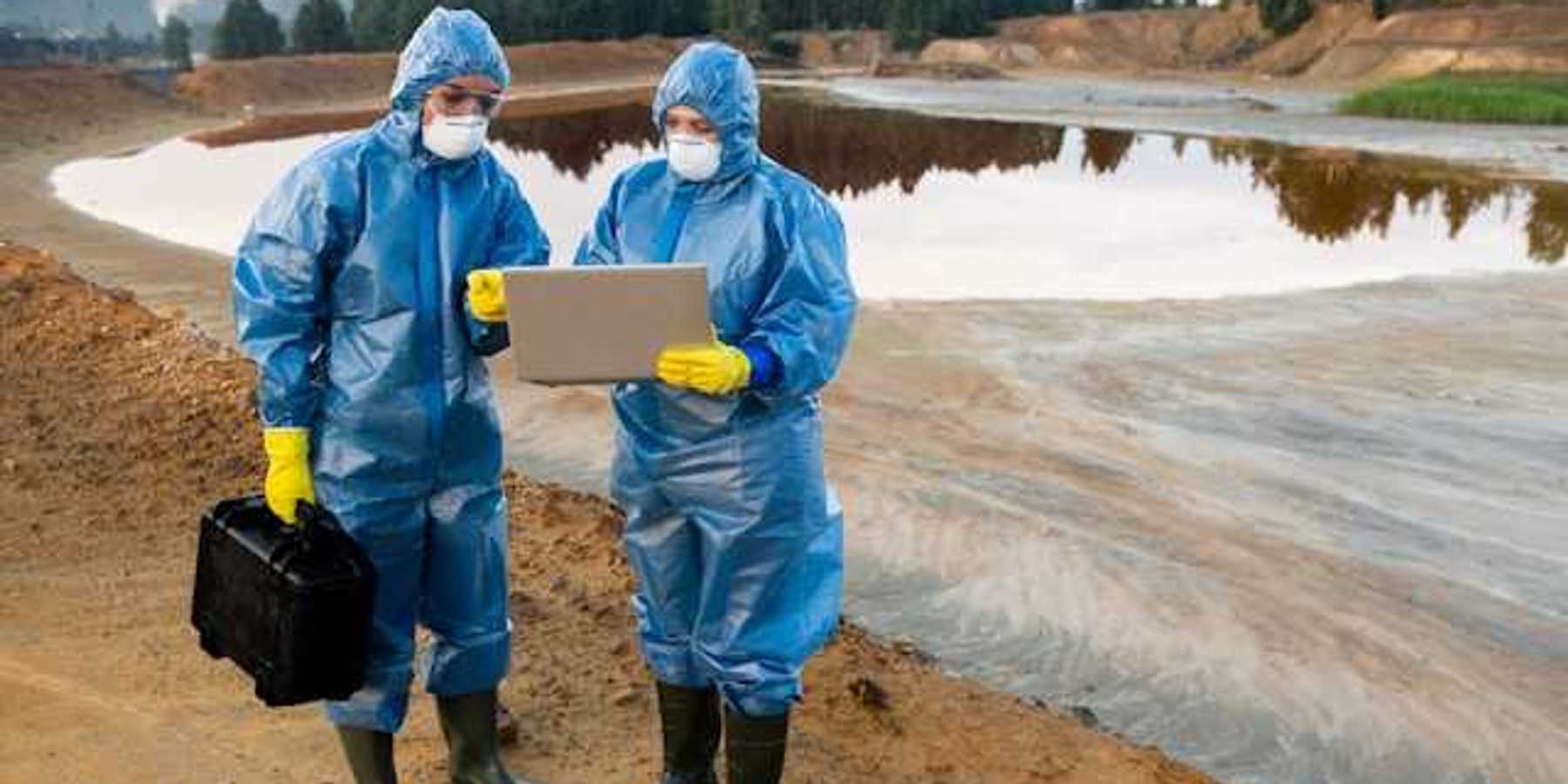New emissions regulations may worsen global warming
While cutting fossil fuel emissions has reduced deadly air pollution, it has also eliminated particles that cool the planet, potentially accelerating global warming.
Shannon Osaka reports for The Washington Post.
In short:
- Fossil fuel burning produces sulfur aerosols that reflect sunlight and cool the Earth.
- Recent regulations have reduced these aerosols, potentially increasing global temperatures.
- Scientists debate the extent of the warming, but agree it will impact climate goals.
Key quote:
“We’re starting from an area of deep, deep uncertainty. It could be a full degree of cooling being masked.”
— Zeke Hausfather, a climate scientist and research lead for the payments company Stripe
Why this matters:
Particulate pollution, often blamed for respiratory and cardiovascular diseases, also reflects some of the sun’s energy back into space. By cutting back on fossil fuels, we reduce these harmful emissions and improve air quality, but we also lose this reflective shield. The consequence? A potential acceleration of global warming.













